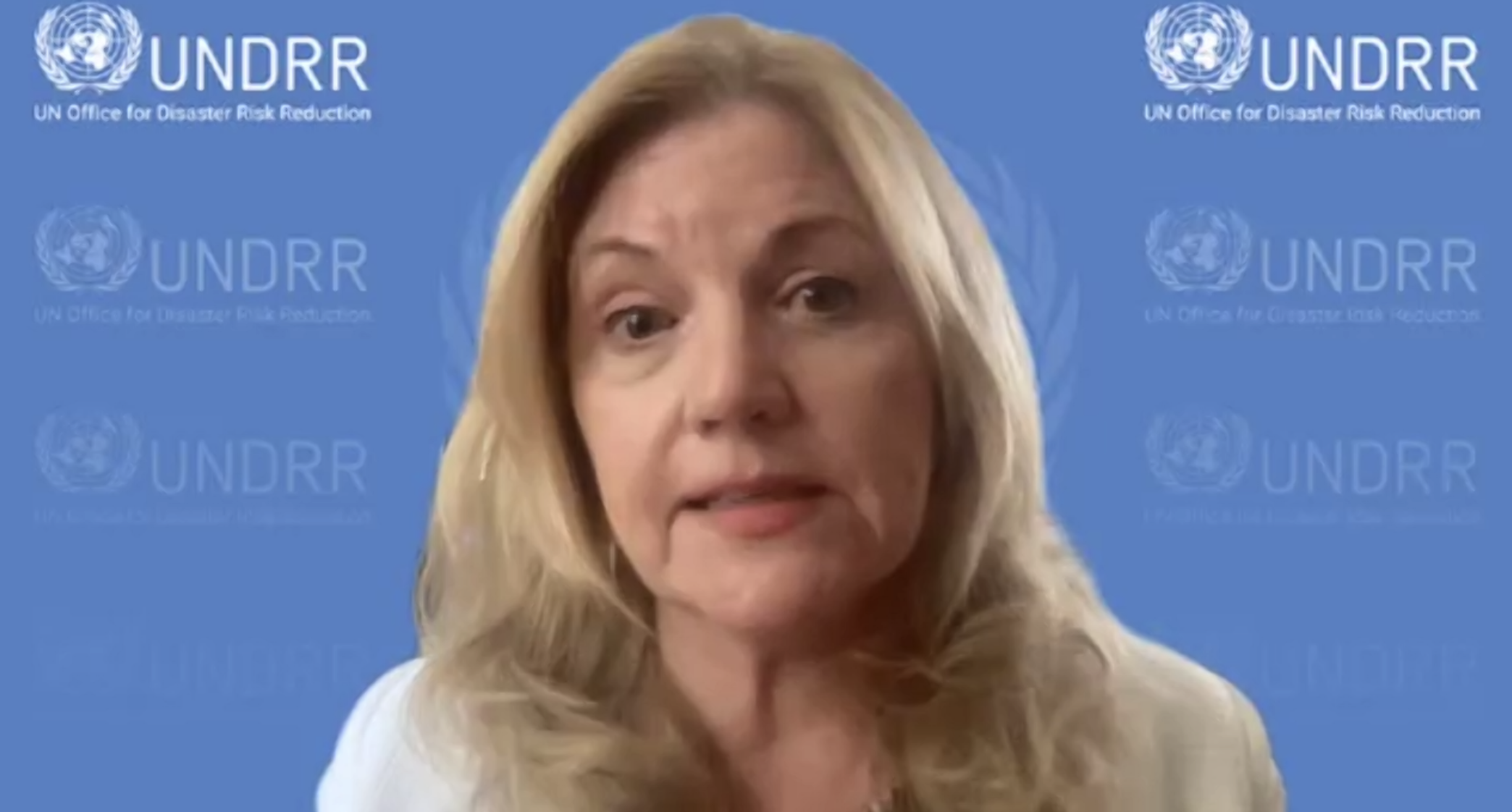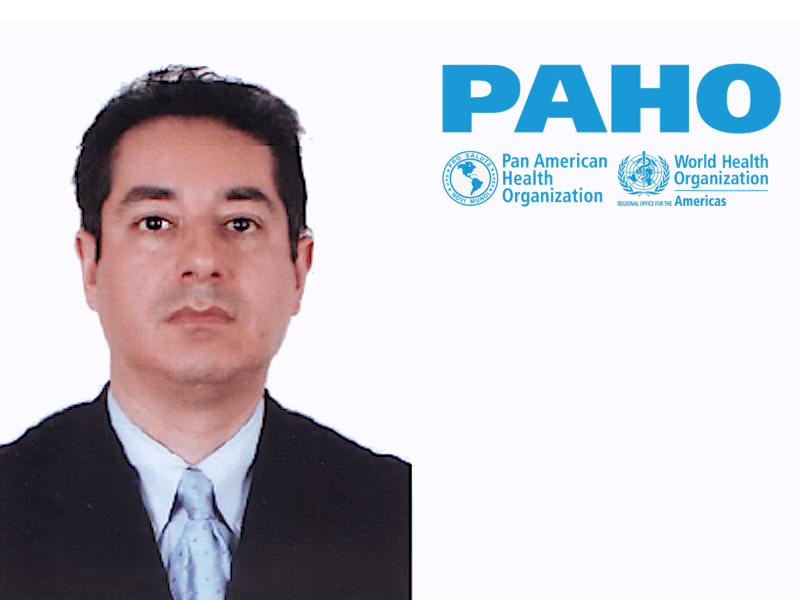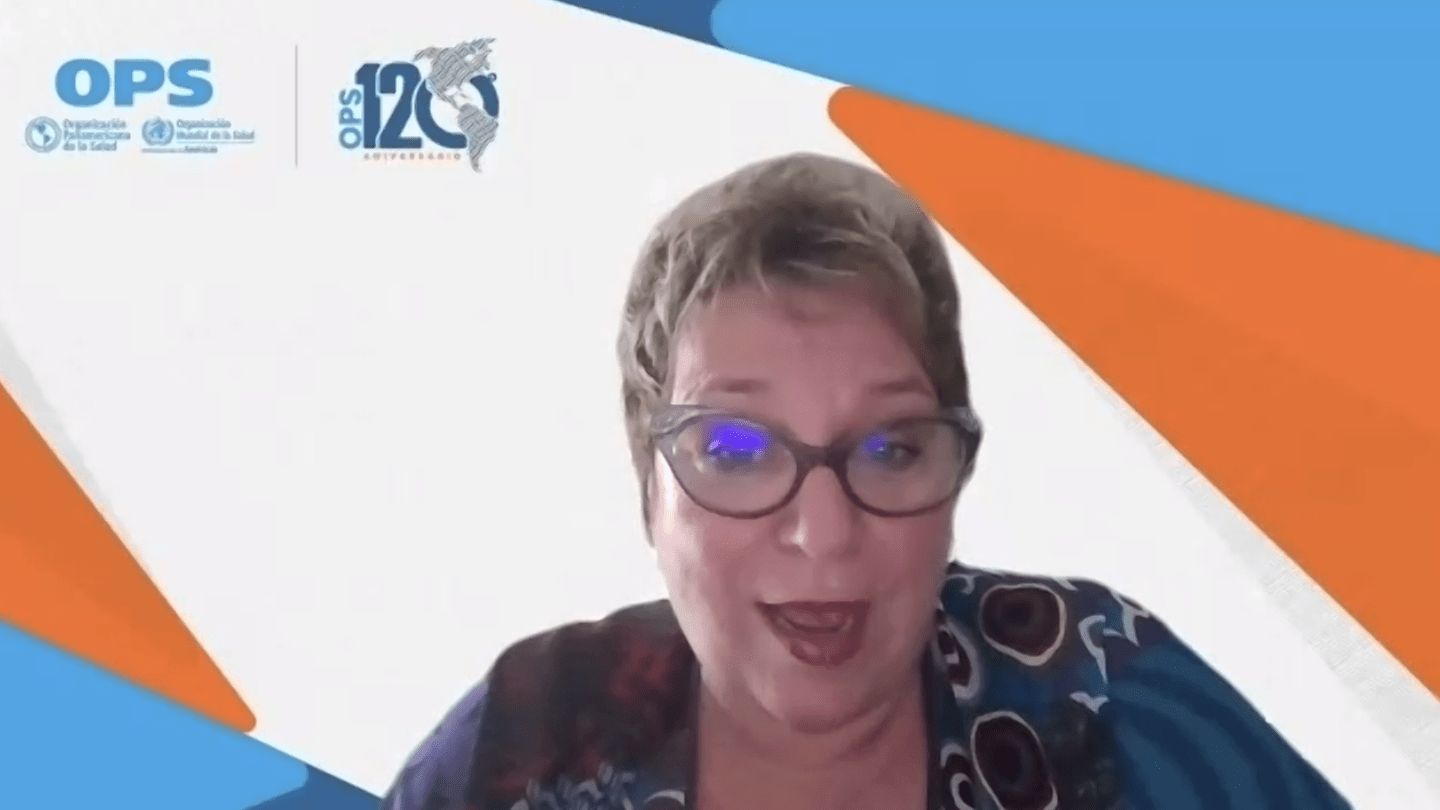With over 1,070 participants from about 140 countries and territories, the first session of “Transitioning to Complex Risk Management and Resilient Urban Futures: Harnessing South-South Cooperation and Learning From COVID-19” was held on 23 August 2022, focusing on introduction on disaster risk reduction, health emergencies preparedness, and South-South and triangular cooperation (SSTC).
“This year’s training will get participants think a bit more proactively how to take a step forward, learn from the COVID-19 experience, identify corrective actions, and better equip ourselves to manage complex risk scenarios,” said Ms. Loretta Hieber Girardet, Chief, Risk Knowledge, Monitoring and Capacity Development Branch of UNDRR at the Opening.
“We need today a decisive shift towards disaster prevention. And to achieve this, we need to work across silos to understand systematic and complex risks. And we need to be able to assess these risks when we design and develop the cities, the infrastructure, the power supply, water, transport systems, as well as schools and hospitals.”

Ms. Loretta Hieber Girardet, Chief, Risk Knowledge, Monitoring and Capacity Development Branch, UNDRR

Dr. Celso Bambaren, Unit Chief, Country Health Emergency Preparedness and International Health Regulations, PAHO/WHO
Dr. Celso Bambaren, Unit Chief, Country Health Emergency Preparedness and International Health Regulations of PAHO/WHO, highlighted from the experience during COVID-19 pandemic. Local governments have a critical role in responding to health emergencies and they must ensure an equitable recovery to achieve universal access to health.
“To protect and improve the lives of the population of cities and ensure development progress promote resilience, cities must invest in strengthening health infrastructure and services by adopting integrated policies and plans that take into account vulnerable groups by age, gender and disability, with a focus on marginal settlement areas, and that promote health inclusion before, during and after an emergency or disaster.”
Peer-to-peer learning can play a significant role in supporting local governments’ to becoming resilience.

Ms. Xiaojun Grace Wang, Trust Fund Director, UNOSSC
“The ability to share knowledge and apply good practices is crucial for cities to optimize their responses and build resilient futures,” said Ms. Xiaojun Grace Wang, Trust Fund Director of UNOSSC, while introducing the principles and modalities of South-South and triangular cooperation (SSTC) and the significant contribution of South-South Cooperation in COVID-19 response, public health, and disaster risk reduction.
“The exchange of knowledge, mobilization of expertise and research resources, training, and capacity developing are becoming more and more important in the changing world that has been significantly impacted by the pandemic and challenged by complex risks at all levels.”

Mr. Sanjaya Bhatia, Head, Global Education and Training Institute (GETI), UNDRR
“Cities are the best teachers… Local authorities can shape new and innovative policies that strengthen health systems, improve social protection, pursue climate-friendly solutions, and continue on the pathway towards resilience,” added Mr. Sanjaya Bhatia, Head, Global Education and Training Institute (GETI) of UNDRR during the orientation to the concept of disaster risk reduction and the Making Cities Resilient 2030 (MCR2030), a global coalition of urban resilience partners aiming to support local governments improve their resilience to risk.
“Cities need access to different types of tools, partners, and services. Vertical integration between national and local governments is very important, and the partnership with the private sector, with universities is also very .”

Dr. Gerry Eijkemans, Unit Chief, Health Promotion and Social Determinants, PAHO/WHO
Connecting with different stakeholders and work in partnership is very important to support cities transition to manage uncertainties and complex risk situation.
“I believe in an urgency that we must work with cities and communities, between sectors and between agencies, to make sure that we are much better prepared and that we tackled any unfair inequality that have put our people at unnecessary risk,” said Dr. Gerry Eijkemans, Unit Chief, Health Promotion and Social Determinants of PAHO/WHO at the moderator closing remarks.
This four-week certificate training program is jointly organized by UNDRR GETI, UNOSSC, PAHO and WHO. It aims to provide an opportunity for local authorities and urban development practitioners to mutually learn and share experience in transitioning to managing complex risks and a resilient future. This joint training has received more than 2,700 registrations from over 175 countries and territories, and will be held every Tuesday, from 23 August to 13 September 2022. For more information and the recording of Session 1, please click here.
